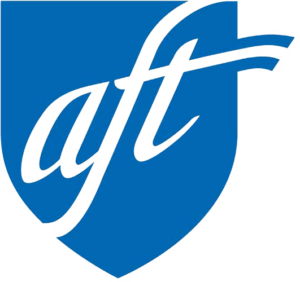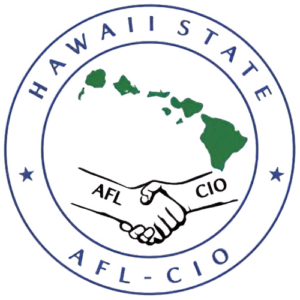Legislative Bill to Eliminate Academic Tenure for Non-Instructional Faculty Thwarted
A legislative bill that would have adversely impacted the quality of education at the University of Hawai‘i — and affect the ability to attract and retain high quality faculty — has been put on hold. UH faculty can now breathe a sigh of relief — for now.
SB 1328 proposed to eliminate academic tenure for all “non-instructional” faculty based on the premise that their primary duties and responsibilities do not involve instruction with a commitment to student achievement and success and that granting tenure for these positions requires a long-term commitment of public resources.
UHPA Requested to Prepare a Resolution on Academic Tenure
Over the past several weeks, the UHPA leadership has been engaged in a series of productive and respectful dialogue and conversations with Sen. Donna Mercado Kim, the Chair of the Senate Higher Education Committee. Based on UHPA recommendations, at a committee hearing last Tuesday, Feb. 16, Sen. Mercado Kim deferred the bill and sought UHPA’s assistance to draft a resolution for the 2022 legislative session. UHPA plans to work collaboratively with the UH administration to develop a resolution for the committee to consider.
In its testimony, UHPA noted tenure for eligible faculty has been clearly outlined in collective bargaining agreements between UHPA and the UH Board of Regents since its first contract in 1975 and the subject of tenure is a cornerstone of bargainable matters under Hawaii’s collective bargaining law, Chapter 89, Hawaii Revised Statutes.
All of the other testimonies from both tenured and non-tenured faculty alike strongly opposed the bill including the University of Hawai‘i administration.
Dynamic, Multi-faceted Role of Faculty
Faculty also presented strong, compelling, and eye-opening rationale and reasons opposing the bill. Currently, Faculty are divided into different classifications based on their primary functions and some are classified with an “I” designation for “instruction.” However, these designations do not adequately and accurately convey the multi-faceted roles of faculty. Even if faculty are branded as “R” for “researcher” or “S” for “specialist,” they are still actively engaged in the instruction and provide a wealth of services and support functions focused on student achievement and success. This underscores that designations assigned to faculty do not truly reflect the diverse professional roles, responsibilities, and work they perform for the academy and the students that they serve.
For example, research faculty mentors graduate students in the field or in laboratories, and specialists develop lesson plans, mix lectures with activities, discussion, and practice and work with distressed students or those with disabilities to insure their success. In this sense, all faculty are involved with instruction and significantly contribute to student achievement and success.
Miriam Stark, a UH anthropology professor, cited the significant contributions of faculty at the UH Cancer Research Center, UH Economic Research Organization, Water Resources Research Center and College of Tropical Agriculture and Human Resources that do not fit neatly into the definition of instructional faculty but overall contribute to student achievement and success.
Faculty also noted their roles are dynamic and ever changing to accommodate the needs and priorities of the university. This makes the amount of instruction and service to student achievement and success fluid.
Purpose of Tenure
It’s important to reiterate the purpose of tenure: academic freedom for faculty. This is just as important for faculty members engaged in research as it is for an instructional faculty member. For example, tenure ensures faculty can engage in controversial research and instruction with impunity.
Another Potentially Overreaching Bill
In addition to the bill on academic tenure, the Senate Higher Education Committee also heard another bill (SB 1394), which would require that 25% of the UH research faculty’s salary be paid with extramural funds. The bill proposed to make it a requirement for all new grants,
contracts, and agreements that begin on July l, 2021, would have to stipulate that these extramural funds would be used to pay for the research faculty’s salary.
The intent of this bill was also a way to address the state’s budget, but UHPA pointed out that in the aggregate, extramural funding sources already make up more than 25% of the research faculty salaries. This bill was deferred and UHPA will collaborate with the UH administration to provide a report on this data.



